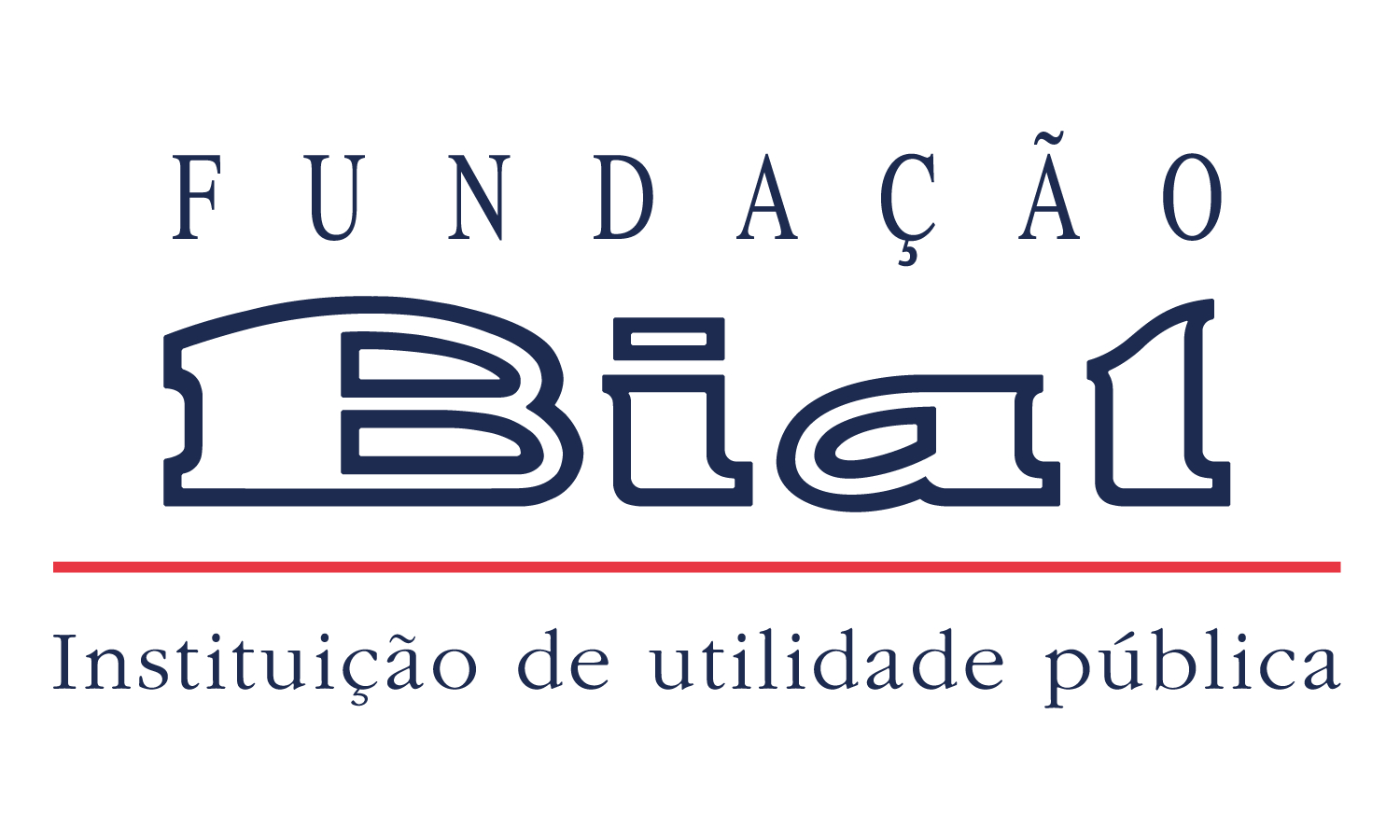As crenças que temos sobre saúde moldam, muitas vezes de forma inconsciente, as decisões que tomamos no dia a dia. Contudo, nem todas essas crenças assentam em bases científicas sólidas. Algumas, embora bem-intencionadas, são ilusórias – ideias erradas que nos podem afastar de práticas eficazes e conduzir a escolhas com riscos para o bem-estar. Uma equipa liderada por Andrew Denovan explorou como estas crenças se relacionam com o recurso à medicina complementar e alternativa (MCA) e com a adesão a comportamentos de saúde recomendados. Os resultados revelaram um padrão claro: quanto mais forte é a crença em ideias pseudocientíficas, maior a desconfiança em relação à medicina convencional e maior a procura por terapias não validadas. No entanto, o estudo identificou também fatores que podem contrariar esta tendência. A valorização da ciência e a perceção de controlo pessoal sobre a saúde – o chamado locus de controlo interno – estão associadas a decisões mais informadas e a uma atitude crítica face a práticas pseudocientíficas. Embora certas abordagens da MCA possam ter valor complementar, sobretudo em contextos como os cuidados paliativos, rejeitar a evidência científica pode resultar em consequências graves, como a hesitação vacinal ou o adiamento de diagnósticos importantes. Compreender estas dinâmicas é um passo fundamental para fortalecer a literacia em saúde e promover escolhas verdadeiramente informadas. Este estudo foi publicado na revista científica Behavioral Sciences, no artigo The relationship between illusory health beliefs, recommended health behaviours, and complementary and alternative medicine: An investigation across multiple time points, no âmbito do projeto de investigação 69/22 - Psychometric validation of a questionnaire for assessing paranormal health beliefs and statistically modelling the effects of the construct on health outcomes longitudinally, apoiado pela Fundação BIAL.
ABSTRACT
Illusory health beliefs (IHBs) represent invalid ideations about health and potentially impact health behaviours and practices in meaningful ways. Examples include the uptake of methods with less conclusive evidence/support (e.g., complementary and alternative medicine, CAM) versus empirically validated approaches (e.g., recommended by health professionals). However, measurement obfuscation of IHB has hindered construct operationalisation. This study examined a newly developed measure (the Illusory Health Beliefs Scale) in the context of health outcomes. Specifically, we explored adherence to recommended health behaviours (e.g., lifestyle, vaccines) and trust in healthcare professionals versus CAM use. Assessments included theoretically linked constructs, comprising health locus of control, belief in science, and belief in CAM. Using a sample of 1507 (734 males, 768 females, 7 non-binary), a statistical model tested relationships across time points. Path analysis revealed that IHBs aligned with openness to unorthodox treatments alongside lower confidence in conventional treatment methods. Crucially, locus of control and belief in science mediated/weakened this relationship, predicting greater adherence to health recommendations and trust in health professionals. Belief in CAM strengthened the relationship between IHBs and CAM use. The findings provide initial evidence regarding the contribution of IHBs to health outcomes, and a basis for future research to further explore the IHB-health relationship.

































































































